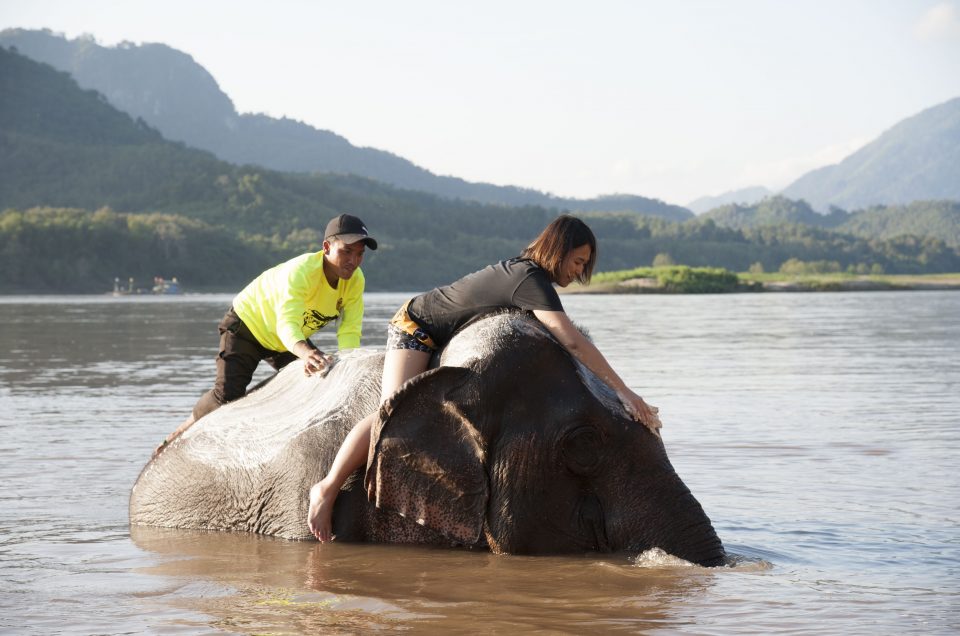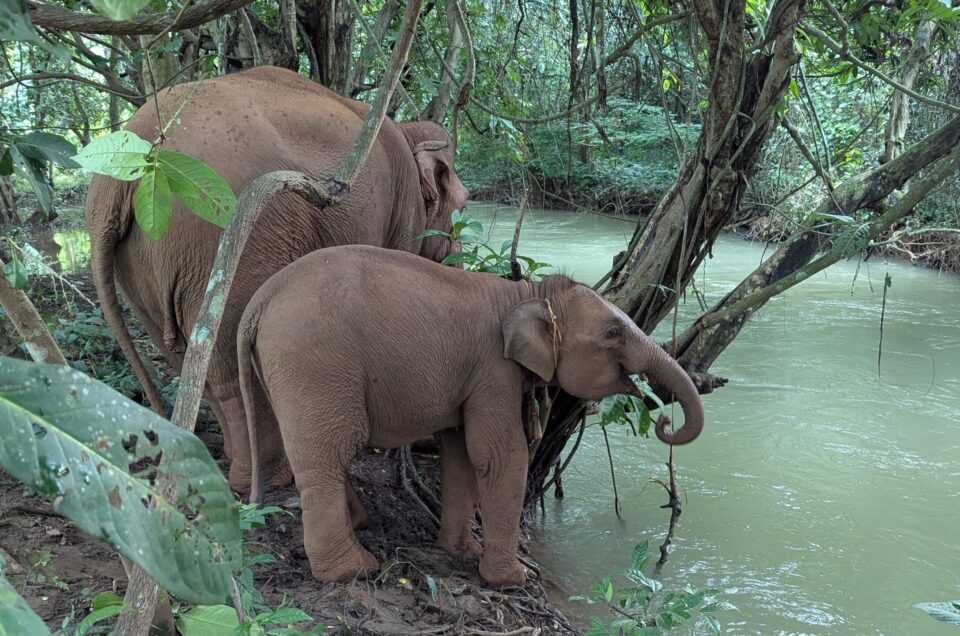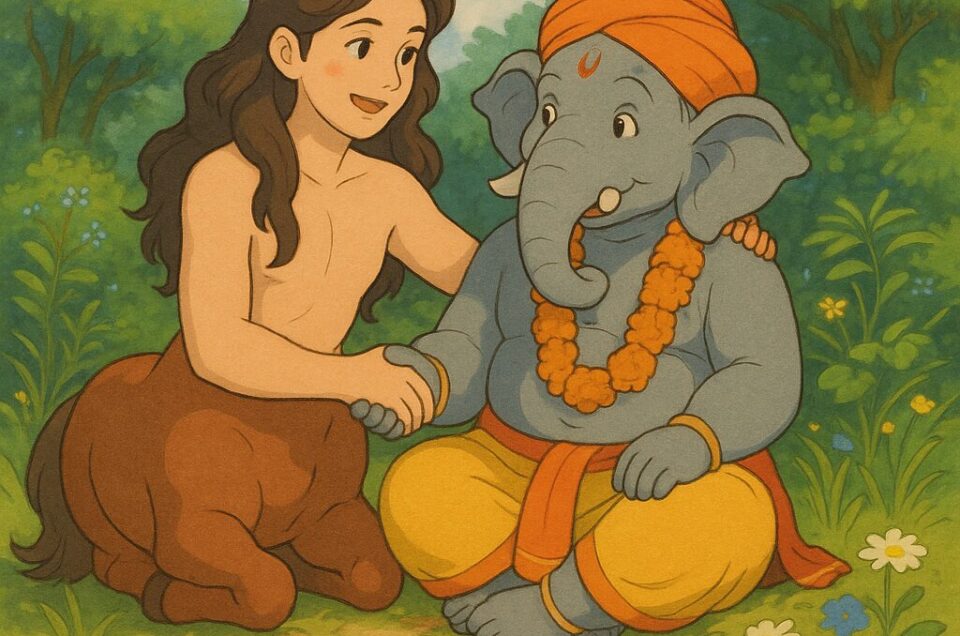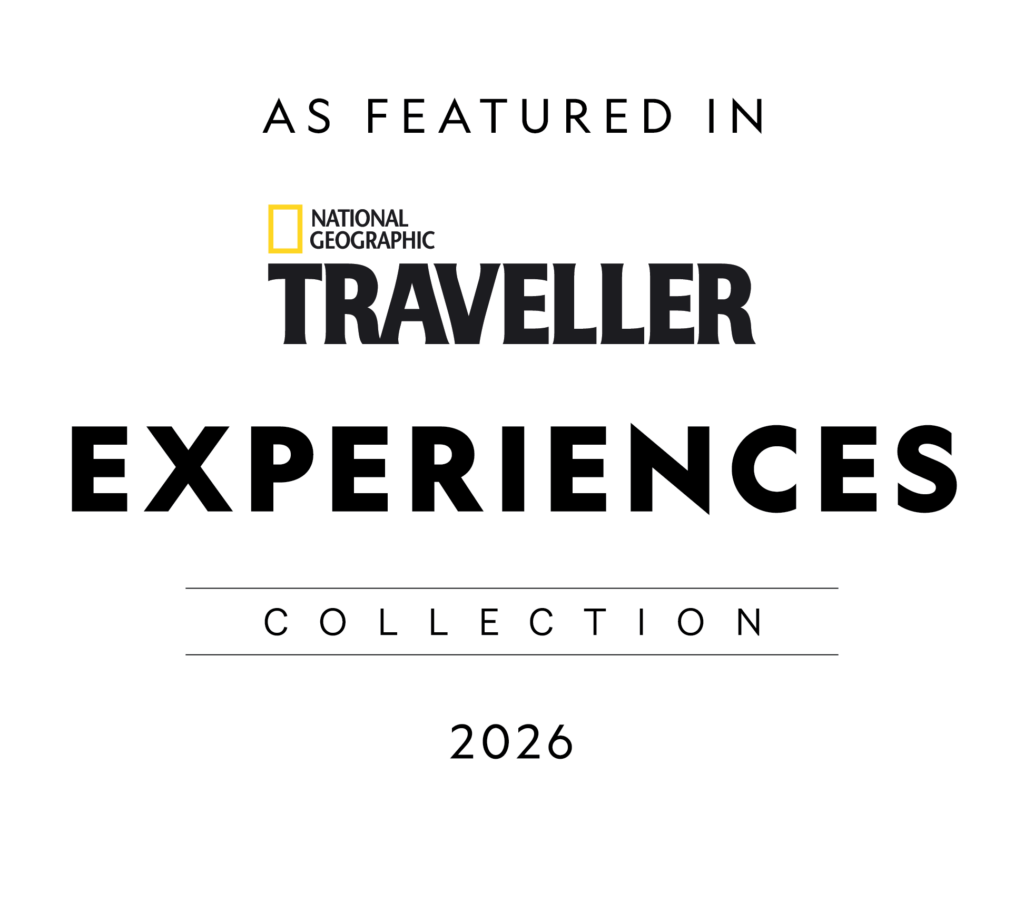Characters:
- Dr. Anya Sharma: An Animal Welfare Scholar, articulate and evidence-focused. She has conducted research across Asia.
- Mr. David Chen: An Animal Rights Activist, passionate and morally driven. He represents an international animal rights organization.
- Uncle Kham: A Veteran Laotian Mahout. His wisdom is born from a lifetime with elephants.
Moderator: Thank you all for being here. Let’s dive straight into a question that often sparks intense debate: Is elephant riding inherently harmful? Dr. Sharma, perhaps you could start us off?
Dr. Anya Sharma: Thank you. The short answer, from a welfare science perspective, is: not necessarily. It truly depends on how, by whom, and under what conditions it’s done. Elephant riding, when it adheres to strict ethical guidelines and with proper oversight, isn’t inherently harmful. In fact, some welfare research indicates that appropriate riding can be part of a healthy, stimulating routine for elephants in human care. For instance, expert bodies like the Asian Captive Elephant Working Group – ACEWG – and ElefantAsia have established clear standards: riding should be limited to short distances, say up to 4 kilometers a day, ideally on natural ground, under shade, and during cooler hours. It should involve no more than two riders, using light, well-padded equipment that avoids any pressure on the spine. Crucially, this is for elephants that are physically fit, show no spinal issues, and have calm temperaments, guided without force by experienced mahouts using verbal commands, not punishment, and always with access to water, rest, and good food.
Mr. David Chen: Dr. Sharma, I respect your focus on scientific metrics, but from an animal rights perspective, the “how” is secondary to the fundamental “whether.” The core issue for us isn’t the weight of the saddle or the length of the ride, but the fact that an elephant, a sentient being, has no choice in the matter. Riding, like any form of animal labor, is a symbolic and literal manifestation of human domination. It inherently violates an elephant’s autonomy and perpetuates the idea that these magnificent animals exist to serve human entertainment or profit.
Uncle Kham: (Nods slowly, listening intently) Your words have strength, young man. But for us, here in Laos, who have lived alongside the saang (elephants) for more generations than there are stars in the sky, it is… different. We do not see riding, when it is done with understanding, as domination. We see it as… a kind of co-work, a partnership. In my grandfather’s time, and even in my youth, elephants helped us navigate the deep forests, helped us with farming, were part of our ceremonies. They were not tools; they were… family, almost. Strong partners.
Dr. Anya Sharma: Uncle Kham’s point about partnership touches on something important. The welfare approach really tries to judge by impact, not just by appearances. Studies by researchers like Schmid, Dunkel, and Bansiddhi have shown that well-managed riding doesn’t typically increase stress hormones or cause musculoskeletal harm. In some cases, it might even prevent obesity and encourage necessary physical activity. This challenges the common assumption that seeing a human on an elephant automatically means the animal is suffering. For example, a gentle, bareback ride through the forest with a lifelong, trusted mahout like Uncle Kham might actually be less stressful for an elephant than, say, repeated, chaotic bathing sessions with large groups of unfamiliar tourists, especially if they are overfed sugary treats and not getting enough varied exercise.
Mr. David Chen: But Dr. Sharma, even if an individual elephant isn’t showing immediate physical signs of stress according to a blood test, the underlying structure of unequal control remains. Many of these elephants, or their ancestors, were part of a violent origin story: captured from the wild, subjected to traumatic training – the ‘breaking’ process – and conditioned to obey. Even if an elephant is born into captivity and seems well-treated, that power imbalance is, for us, morally unacceptable. That’s why many animal rights organizations advocate for complete bans on riding, and increasingly, an end to all direct human-elephant interactions, including feeding and bathing. We believe this is driven by a moral imperative to grant these animals their freedom from human use.
Dr. Anya Sharma: I understand the ethical imperative, Mr. Chen. However, from a welfare standpoint, removing riding without replacing it with equally meaningful, structured alternatives can lead to demonstrably worse outcomes for the elephants: profound boredom, the development of stereotypic behaviors, aggression, metabolic disorders from inactivity, and a decline in muscle tone. A blanket ban might satisfy public optics from afar, but it doesn’t automatically improve an elephant’s actual, lived well-being day-to-day. The key concern is always the physical and psychological health of the individual animal.
Uncle Kham: What you say about boredom, Dr. Anya, is true. An elephant is a clever being. It needs… something to think about, something to do, especially if it has always lived with people. And this “breaking” you speak of, Mr. David… yes, in the old, old times, there were harsh ways. But the bond with a mahout, a true mahout, is built over years, on trust and knowing each other. My elephant, Mae Kham, she knows my voice, my touch. She leans into my hand. If I ask her to walk, and she is not feeling well, she will tell me in her own way, and we will not walk. It is not about force. It is about relationship. This closeness, this daily familiarity, this depending on each other – this is our ethic of care. Banning riding, if it means I cannot work with Mae Kham, cannot exercise her, cannot keep our bond strong… it feels like it would break her heart, and mine. And how would we feed our families, or her?
Mr. David Chen: Uncle Kham, your personal connection is clearly deep. But the system of tourism often doesn’t rely on such individual, lifelong bonds. Globally, the demand for rides has often fueled a market where elephants are treated as commodities. Our campaigns, supported by international public opinion and boycotts, aim to shift this entire paradigm, to create a world where elephants are valued for themselves, not for what they can do for us. We believe this growing political power helps determine what becomes globally accepted as ethical.
Dr. Anya Sharma: This brings us to a crucial point: the question of elephant riding is about more than just technique or individual relationships. It reflects these deep tensions around human-animal relationships, moral judgment, and, frankly, global power dynamics in conservation and tourism. Whether one sees riding as ethical depends not only on animal health science but on broader ideas about freedom, labor, control, and care.
Uncle Kham: Sometimes, it feels like these new ways, these calls for complete separation, they erase our history, our Laotian culture. They don’t always see the nuance. It feels like a form of… moral violence, almost, to have ideals imposed from outside without truly listening to the voices of those who have lived this life, who know these animals as individuals. If riding is banned everywhere, without thinking about what comes next for each elephant, for each mahout family… many elephants might end up in worse situations, perhaps sold, perhaps neglected because there is no way to support them.
Moderator: So, we have these three distinct ethical frameworks. Dr. Sharma, the welfare perspective suggests riding can be acceptable if highly regulated and tailored to the elephant’s needs. Mr. Chen, the rights perspective states it’s inherently wrong, regardless of the conditions. And Uncle Kham, your perspective as a mahout emphasizes that the ethics emerge from a deep relationship of trust, respect, and knowledge. How do we move forward from here? Should elephant riding be banned outright?
Dr. Anya Sharma: Blanket bans often respond more to tourist sentiment and powerful international campaigns than to the complex realities of individual elephant lives or local contexts. They risk shifting elephants into less visible but potentially more harmful situations, or severing these centuries-old, intimate relationships Uncle Kham speaks of. True ethics, I believe, demands more than just bans. It demands understanding, ongoing dialogue, and humility.
Mr. David Chen: While dialogue is important, there are certain practices that we believe are fundamentally unethical, and riding is one of them. We advocate for a transition towards models where elephants can live as naturally as possible, preferably in genuine sanctuaries that do not offer direct interactions for tourists, moving away from any form of exploitation.
Uncle Kham: Elephants do not need to be left untouched in a distant forest to be respected. They need to be known, to be engaged, to be cared for – on their terms, yes, but also within relationships that honor their dignity and their long history with us. The question should be: what kind of care are we replacing, and with what? Whose ethics are we truly applying, and whose voices are being left unheard in the forest?
Moderator: Powerful questions to end on. It’s clear this isn’t a simple issue with easy answers, but one that requires ongoing conversation, empathy, and a genuine willingness to understand diverse perspectives. Thank you all for a very insightful discussion.
[3] Q: Is it ethical to chain elephants?





![[1] Q: Are Elephants in Tourism Wild or Domesticated?](https://manifatravel.com/wp-content/uploads/2023/03/elephant-vet4-780x636.jpg)

